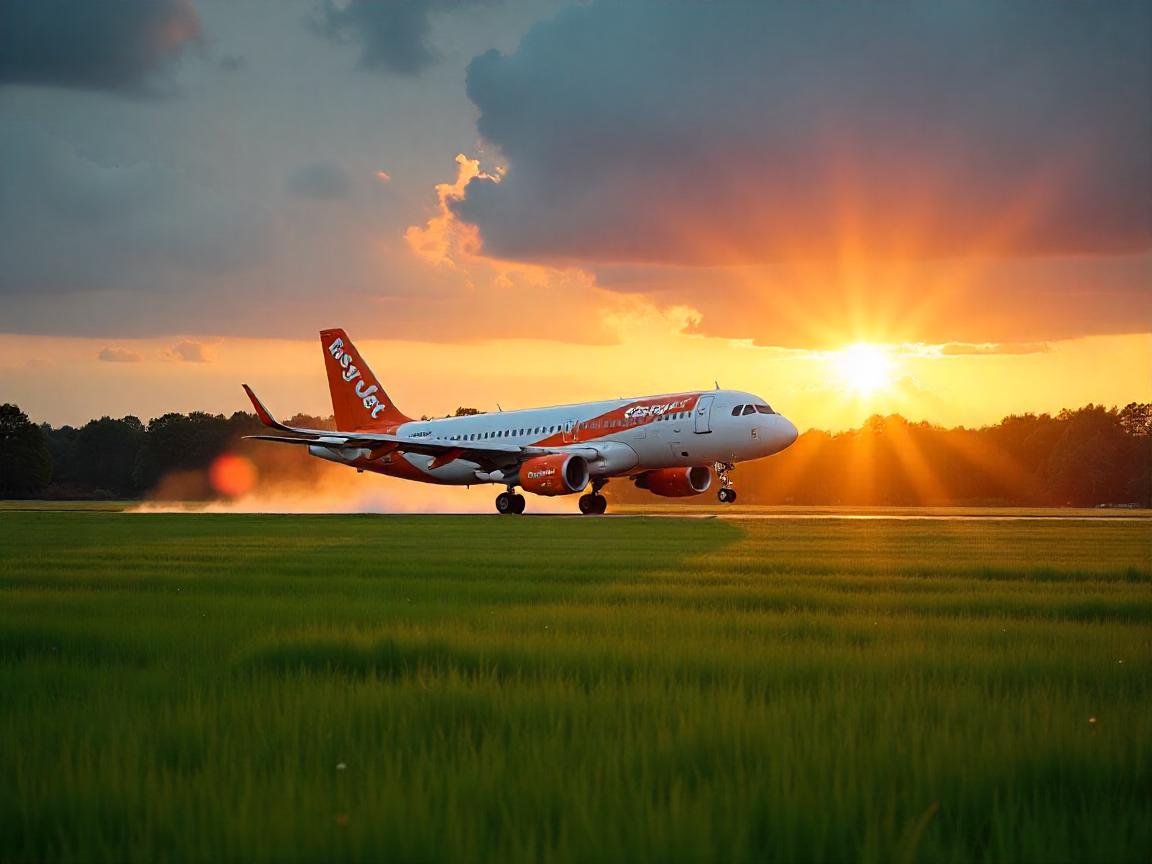UK And German Tourists Warned Of New EU Travel Rule That Drastically Delays Compensation Rights On Flights With Jet2, EasyJet And Ryanair - Travel And Tour World
Monday, June 9, 2025

UK and German travelers are being hit with a major policy shake-up this summer as the European Union enforces a powerful new rule requiring passengers to endure longer delays before qualifying for compensation. Under the revised regulation, short-haul flight delays must now exceed four hours—up from the previous three—before affected passengers flying with popular carriers like EasyJet, Ryanair, TUI, and Jet2 can seek reimbursement. The move, described as a game-changing shift in EU passenger rights, has sparked frustration among holidaymakers across the UK and Germany, who now face reduced protections just as the peak travel season begins. With millions expected to fly over the coming months, this bold regulation is set to dramatically alter the way compensation claims are handled, especially on high-volume budget routes.
Millions of travelers planning to fly across Europe this summer are being urged to familiarize themselves with a newly introduced rule regarding flight delay compensation. A decision made by the European Union has changed the minimum delay threshold for eligible compensation, impacting passengers flying with major budget and leisure airlines including easyJet, Ryanair, Jet2, and TUI.
The new rule, which follows over a decade of discussions among European regulators, increases the compensation trigger time for short-haul flight delays from three hours to four hours. This adjustment is seen as one of the most notable overhauls in passenger rights policy in recent years.
Previously, EU legislation allowed airline passengers to claim financial compensation if their flight was delayed by more than three hours, depending on the cause of the disruption. Under the revised framework, travelers on short-haul flights—typically those covering distances up to 1,500 kilometers—must now wait at least four hours before they are entitled to submit a claim for financial redress.
For long-haul travelers, the changes are even more significant. Compensation eligibility now requires a delay of six hours or more for flights over 3,500 kilometers. Medium-haul flights, typically ranging from 1,500 to 3,500 kilometers, continue to follow separate guidelines, although similar discussions on updates for those thresholds may follow.
This regulatory shift, now part of a broader package to modernize air passenger rights, has been confirmed by various consumer protection bodies and legal experts, with Yorkshire Live being one of the first to report the full implications for UK travelers flying with EU-based carriers.
The decision to raise the delay threshold stems from ongoing concerns within the aviation industry over the financial burden imposed by flight compensation claims. Low-cost carriers, in particular, have argued that the previous three-hour standard placed an unsustainable load on operations—especially when delays were caused by circumstances outside of their control, such as extreme weather or airport congestion.
By extending the waiting time required to qualify for compensation, EU authorities aim to strike a better balance between passenger rights and airline resilience. It is also intended to reduce the number of speculative or borderline claims that often add to processing backlogs.
That said, not all stakeholders are happy. Consumer rights advocates argue that the new rule waters down protections for passengers and may discourage travelers from seeking redress. They point out that many delays occur just over the three-hour mark, which under the old rule, gave travelers a legitimate claim. Now, a delay of three hours and fifty-nine minutes will offer no compensation, despite potentially causing significant disruptions to travel plans.
Importantly, the cause of the delay still plays a pivotal role in determining compensation eligibility. EU regulations stipulate that airlines are only obliged to compensate passengers when delays are within their control—such as technical faults or staffing issues. Delays caused by extraordinary circumstances, such as natural disasters, security threats, or air traffic control strikes, typically exempt airlines from liability.
Under the new framework, this distinction remains firmly in place. So, even if a passenger experiences a delay of four or six hours, they may not receive any compensation if the disruption falls under one of the excluded scenarios.
Passengers flying with European Union-based airlines—including popular names like Ryanair, easyJet, Jet2, and TUI—will be directly affected by the updated rule. In addition, the rule will apply to non-EU airlines departing from EU airports, such as American Airlines or Emirates flying out of European cities.
For UK travelers, despite Brexit, many flights to and from EU countries still fall under these regulations due to existing bilateral agreements and retained EU law within British aviation frameworks.
As the summer holiday season ramps up, travelers are being encouraged to check their airline’s delay and compensation policies before departure. It is also advisable to use apps or online platforms that track delay durations, so passengers have accurate data in the event of a dispute.
For those whose trips hinge on tight connections or onward travel, this change could have broader consequences. For instance, a four-hour delay could result in missed tours, cruises, or connecting flights—yet no compensation would be available unless the threshold is crossed and the airline is deemed responsible.
This new four-hour rule for short-haul compensation is set to reshape the way passengers handle disruptions, particularly during the high-volume summer travel season. While it may offer relief to overstretched airlines, it places a greater burden on passengers to endure longer delays without guaranteed financial redress.
UK and German airline passengers are now facing stricter EU rules, as compensation for delayed flights with carriers like EasyJet, Ryanair, Jet2, and TUI will only be granted after a minimum four-hour wait. This sweeping change comes just ahead of the peak summer travel season, leaving millions affected.
Travelers are urged to remain vigilant, understand their rights under the revised EU guidelines, and prepare accordingly when booking flights with carriers operating in or out of Europe.











